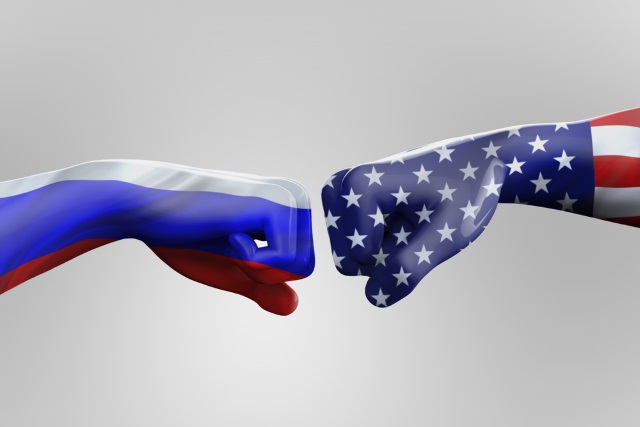
NSA says it is 'not the best time' to create a US-Russia cyber unit
When Donald Trump met with Vladimir Putin, the pair apparently discussed the idea of the two nations forming an "impenetrable Cyber Security unit." It's an unlikely partnership, to say the least, and NSA Director Mike Rogers has voiced his disapproval of the move.
Given the, erm, interesting relationship between the US and Russia, the controversy surrounding Russia's possible hacking of the last election, and Trump's ongoing problems defending himself over rumored Russian ties, it's perhaps little surprise that the NSA chief says "now is probably not the best time" for the two superpowers to work together on such a project.
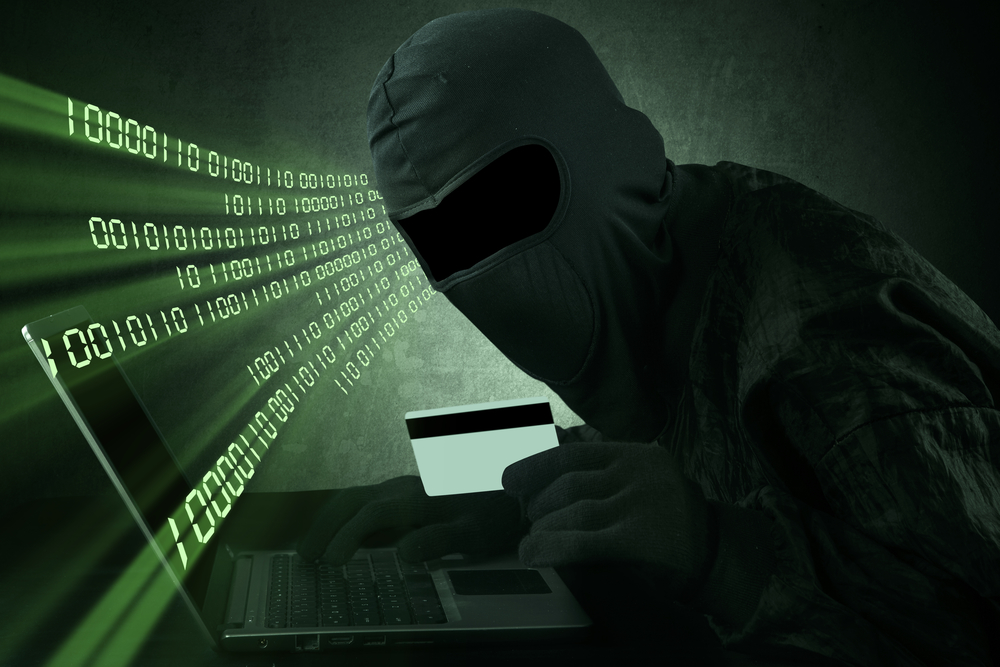
Online courses train the next generation of credit card criminals
E-learning courses costing under $1,000 are giving aspiring cyber criminals the potential to make $12k a month, based on a standard 40-hour working week according to new research.
The study from digital risk management company Digital Shadows finds the courses, available to Russian speakers only, last for six weeks and comprise 20 lectures with five expert instructors. The course includes webinars, detailed notes and course material at a cost of RUB 45,000 ($745), plus $200 for course fees.

Trump and Putin discussed creating an "impenetrable Cyber Security unit" -- but it's not happening
The meeting between Donald Trump and Vladimir Putin was always going to generate a great deal of interest. After the two presidents had their first (official) meeting on Friday, Trump tweeted on Sunday that the pair has discussed "forming an impenetrable Cyber Security unit."
Considering Trump has accused Russia of hacking the US election, such an arrangement would seem unlikely. Nonetheless, the topic was broached. It was brought up "so that election hacking, & many other negative things, will be guarded and safe." But it didn’t take Trump long to back down from the idea.

Kaspersky Lab is ready to hand over source code to US government to disprove Kremlin links
As the US government decides whether or not to continue using Kaspersky security software, the Russian company has indicated its willingness to hand over source code for review.
Eugene Kaspersky, speaking to the Associated Press, said that "if the United States needs, we can disclose the source code." Rumors have long circulated about Kaspersky's ties to Putin, leading to speculation that the company's software could be used to spy on Americans.

Vladimir Putin says the WannaCrypt cyber-attack is nothing to do with Russia
With Russia being blamed for having a hand in fixing both the US and French elections, Russian President Vladimir Putin must be feeling at least a little smug that the WannaCrypt ransomware currently wreaking havoc around the world has nothing to do with his country.
Asked about the threat while at an international summit in Beijing, Putin said it was "worrisome" but that the United States, not Russia, was to blame.

US government is reviewing whether to use Kaspersky software, because Russia
Mention the US and Russia in the same sentence and the mind naturally wanders to three things. Firstly, the alleged links between the Trump administration and Russia, secondly whether or not the FBI investigation of these alleged links led to the dismissal of Comey, and thirdly whether or not Russia interfered with the US election.
But now the US government is reviewing whether or not to continue to use Russian-made security software from Kasperksy. Defense Intelligence Agency director Vincent Stewart says "we are tracking Kaspersky and their software." He does not elaborate or give reasons, but there have been -- as yet unsubstantiated -- claims that Russia has been using Kaspersky software to spy on America. The director of the NSA is "personally involved" in monitoring the company.

US indicts Russian spies and hackers over 2014 Yahoo hack
The US Justice Department is charging two Russian spies and two hackers with orchestrating the attack against Yahoo in 2014 that saw 500 million accounts being compromised as part of an effort to collect intelligence.
The Justice Department says that Dmitry Dokuchaev and Igor Sushchin "and other known and unknown" FSB intelligence officers hired hackers Alexsey Beland and Karim Baratov to hack Yahoo accounts belonging to Russian journalists, officials, and employees of a "prominent" security company, as well as US officials and employees of tech companies.
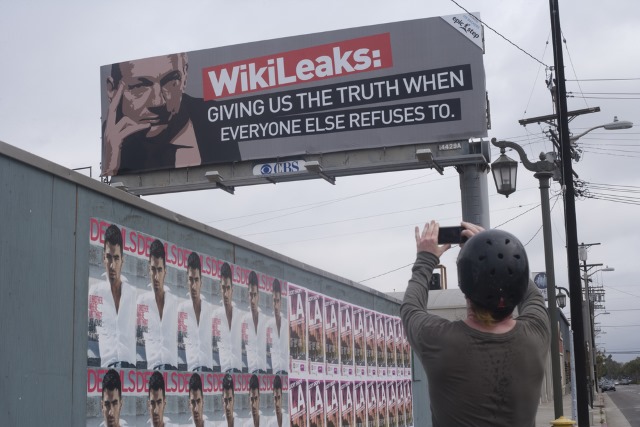
WikiLeaks: 2017 will 'blow you away' and, no, Russia did not hack the US election
The hatred WikiLeaks founder Julian Assange feels towards Hillary Clinton is far from being a secret. During the election campaign, the non-profit organization leaked Clinton emails in the hope that it would destroy her presidential hopes -- and we all know the result of the election.
As we slide gently into 2017, the WikiLeaks Twitter account has turned on the ignition and is about to hit the accelerator. The tweet says: "If you thought 2016 was a big WikiLeaks year 2017 will blow you away". On top of this, Assange himself is due to appear in an interview with Fox News' Sean Hannity, denying Russia's involvement in hacking DNC emails.
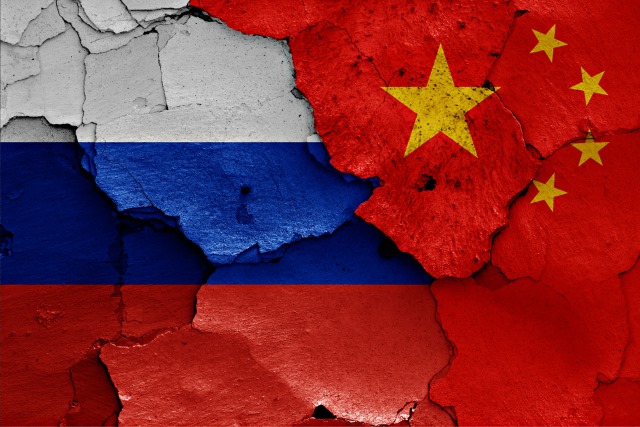
Cold War 2.0: Russia is borrowing the Great Firewall of China to implement greater state censorship and control
The Great Firewall of China is a famous tool of censorship and state control of the internet -- and Russia wants to throw up its own version of the web filtering system. Russia already operates the so-called 'red web' which is used to not only monitor what Russian citizens are up to online, but also implementing blocks and filters such as the recent ban on LinkedIn.
But now President Putin wants to step things up a notch. Russia and China have become close allies in recent years, particularly in the field of state control of the internet, and there are plans to roll out even greater controls over what web users are able to do and access online, ostensibly from fears of an uprising against the government.

Watch Edward Snowden discuss Trump's victory, and privacy implications, in a live Q&A today
It’s fair to say, yesterday’s US election result sent shockwaves around the world. Donald Trump was seen as an outside bet by many people, but now he’s won the race for the White House, the big question, is what will his victory mean for the people, both at home and abroad?
Former NSA contractor turned whistleblower Edward Snowden has a lot to say on government matters, and today in a live Q&A he’ll be opining on how the US election results could affect your privacy, as well as any potential pardon for himself, and answering questions submitted via social media.
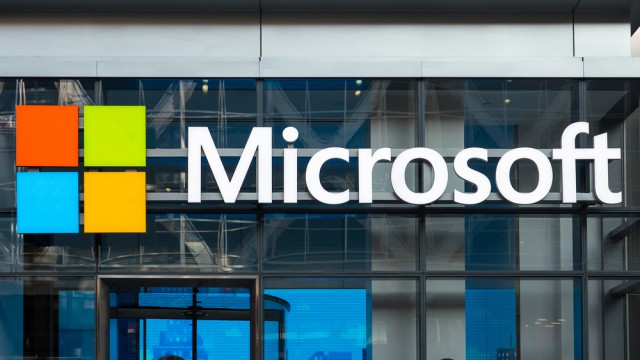
Microsoft: Russian hackers are exploiting Windows flaw exposed by Google
Microsoft says that a vulnerability in Windows made public by Google has been exploited by a hacking group with links to Russia. The group -- known variously as Strontium, Fancy Bear, and APT 28 -- has executed several spear phishing attacks, the company says.
Google was criticized for publicizing the vulnerability before Microsoft has released a patch. A fix for the security hole is not due to be released until Tuesday, 8 November -- voting day in the US election.

Russia accused of hacking US voting system and interfering with the 2016 election
There is only a month to go until the election showdown between Trump and Clinton finally comes to an end. There is a great deal riding on the result of this particular election and we have already seen DNC servers hacked.
There has been speculation about who may have been responsible for this security breach, but now the US has pointed the finger firmly at Putin's Russia. Russian hackers are accused of hacking into the Democratic National Committee's servers and trying "to interfere with the US election process".

Russian hacker collective targets over 85 leading US companies
A group of hackers speaking Russian and using Russian servers are out hunting for American companies' user credentials, an exclusive story published on The Epoch Times claims.
This group, allegedly not tied to any government and basically operating on its own, is targeting "at least" 85 companies, including Amazon, American Airlines, AT&T, Best Buy, Wells Fargo, DropBox, Dunking Donuts, Ebay, GoDaddy, Uber, Match.com, McDonald’s, Office Depot, PayPal, Pizza Hut, Steam, and Apple Pay.

Russia fines Google over breaking antitrust rules with Android
Google has been fined 438 million rubles ($6.75 million) by the Russian antitrust authority for abusing its market position following a complaint by Yandex, Russia’s biggest search engine.
Google has been found guilty of forcing Android smartphone makers to install its search engine on their devices, which has been seen to breach "protecting competition" laws.

Russia becomes main target for DDoS attacks
There has been a huge increase in the number of DDoS (distributed denial of service) attacks in the second quarter of this year, a new research report by security experts Nexusguard says.
According to Nexusguard’s Q2 2016 Threat Report, there has been more than 182,900 attacks in Q2 this year, with the majority falling onto Russia.
